China's internet cable in Europe likely to fuel tensions with US
China’s underwater internet cable that will emerge in France later this year is expected to fuel further tensions between Beijing and the US and put Europe under additional pressure by Washington, says a report.
Chinese companies are building a 7,500-mile cable, known as Peace, that will connect Pakistan to France via stops along the Horn of Africa and Egypt before it crosses the Mediterranean.
The cable will emerge later this year in the French port of Marseille.
“This is a plan to project power beyond China toward Europe and Africa,” said Jean-Luc Vuillemin, the head of the French phone company, Orange SA, which will operate the cable’s landing station in Marseille.
The cable will largely serve to make service faster for Chinese companies doing business in Europe and Africa.
Citing people familiar with the matter, Bloomberg reported on Friday that the Peace cable will bring France under additional pressure from Washington.
French President Emmanuel Macron said earlier this year that his government does not want to isolate China from internet infrastructure under US pressure, adding Paris won’t have to “fully depend on US decisions.”
At a press conference with Macron at the same time, German Chancellor Angela Merkel also objected to US attempts to isolate China.
Merkel said that she did not think decoupling from China was “the right way to go, especially in this digital age.”
The US has repeatedly accused China of using digital technology for spying. China has consistently denied the allegations.
Last year, then US Secretary of State Mike Pompeo urged the international community to “ensure the undersea cables connecting our country to the global internet are not subverted for intelligence gathering by the People’s Republic of China at hyper scale.”
China’s tech giant Huawei has been at the center of a long-simmering struggle between Beijing and Washington.
The administration of former president Donald Trump blacklisted Huawei to block the company from getting any US telecom equipment contracts and prevent the transfer of American technology to the Chinese firm.
Huawei — considered the world leader in superfast 5G equipment and the world's number two smartphone producer — is one of the largest shareholders in Hengtong Optic-Electric Co. that is building the cable.
US tech giants, Google and Facebook, said they won’t be using China’s undersea cable because they already have enough capacity.
Even if they wanted to do so, using the Peace cable would have not been easy under the US-led boycott of many Chinese telecommunications equipment makers.
Trump’s tough stance on China has taken relations with Beijing to their lowest point in decades during his one-term presidency.
Beijing and Washington have been involved in disputes over a range of issues, including trade, the South China Sea, Hong Kong and the coronavirus pandemic.
Late last year, Washington warned Pacific island nations about what he described as security threats posed by a bid by China's Huawei Marine to build an undersea cable.
The $72.6 million underwater cable is designed to improve communications to Federated States of Micronesia (FSM), Kiribati and Nauru.
Washington claimed that to build the cable, Huawei Marine and other Chinese firms are required to co-operate with China's intelligence and security services, an allegation that China repeatedly denied.
Hamas thanks Iran, Resistance Front following achievement of ceasefire in Gaza
'Capitulation': Israeli officials and media concede Gaza defeat as truce unfolds
'Gaza has won': Social media users react to ceasefire with mix of relief, joy
Iran seeks South Korea’s assistance for AI, fiber-optic projects
VIDEO | Iran's 'Eqtedar' (Power) maneuver
Israel hits HTS military target in Syria for 1st time since fall of Assad
VIDEO | Press TV's news headlines
Israel has slaughtered 13,000 students in Gaza, West Bank


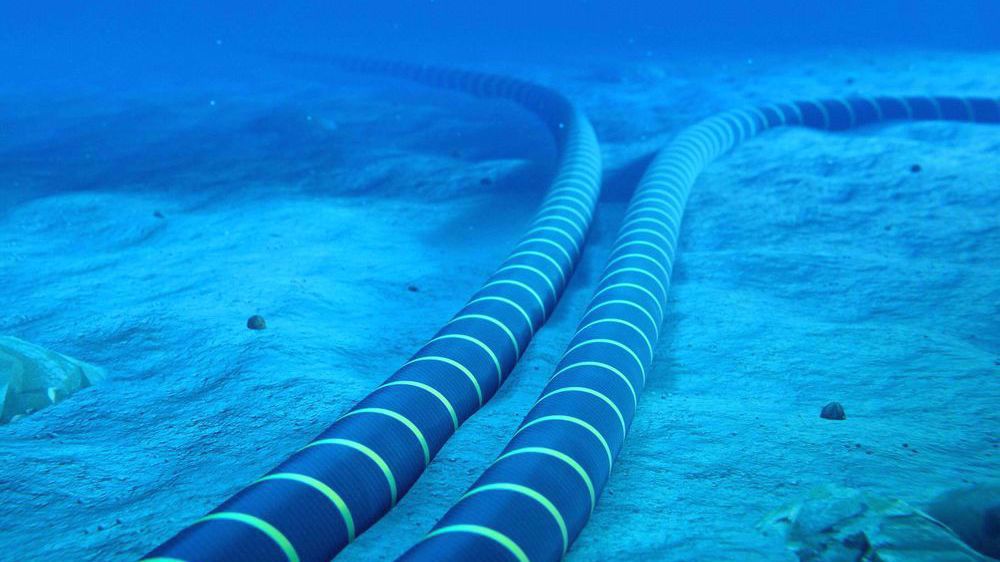

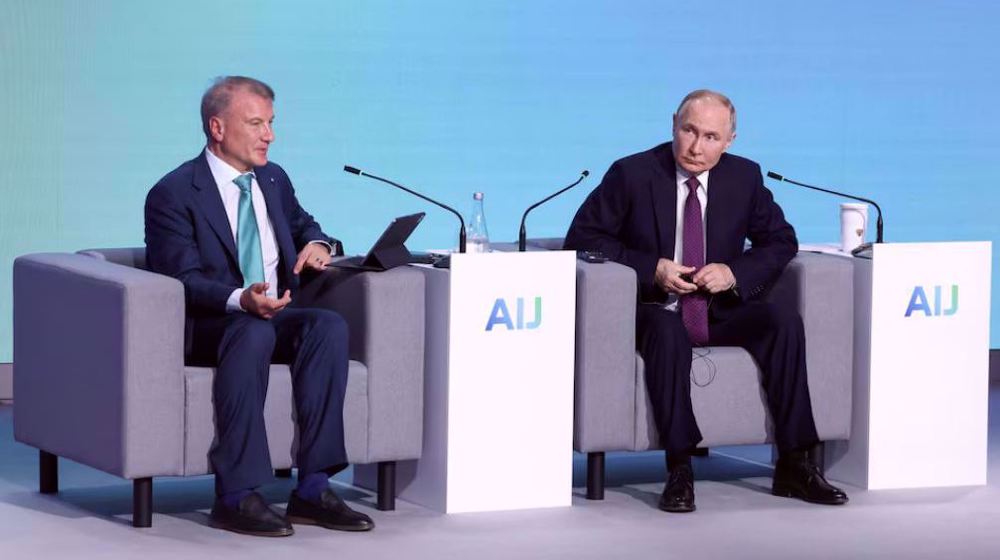
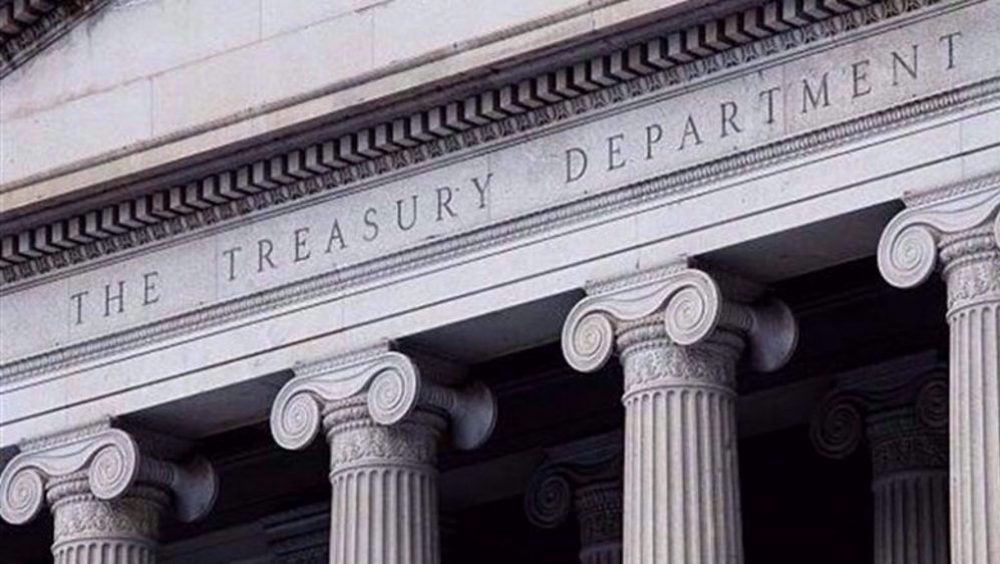



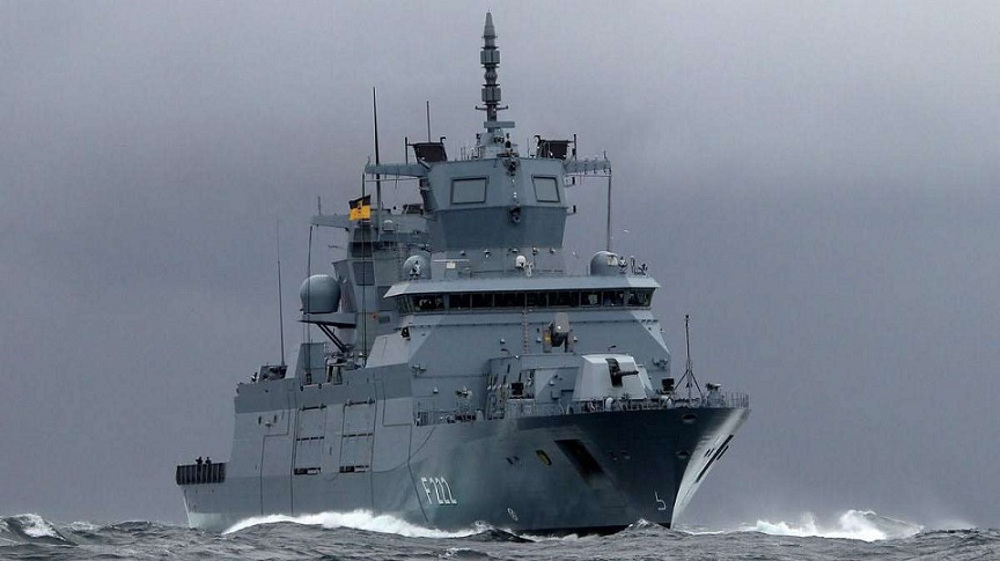

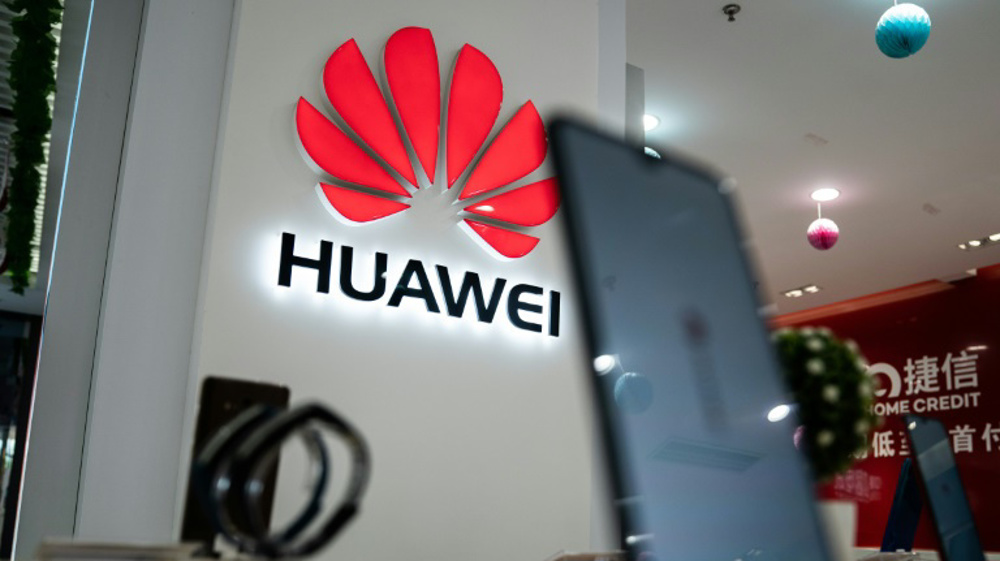

 This makes it easy to access the Press TV website
This makes it easy to access the Press TV website